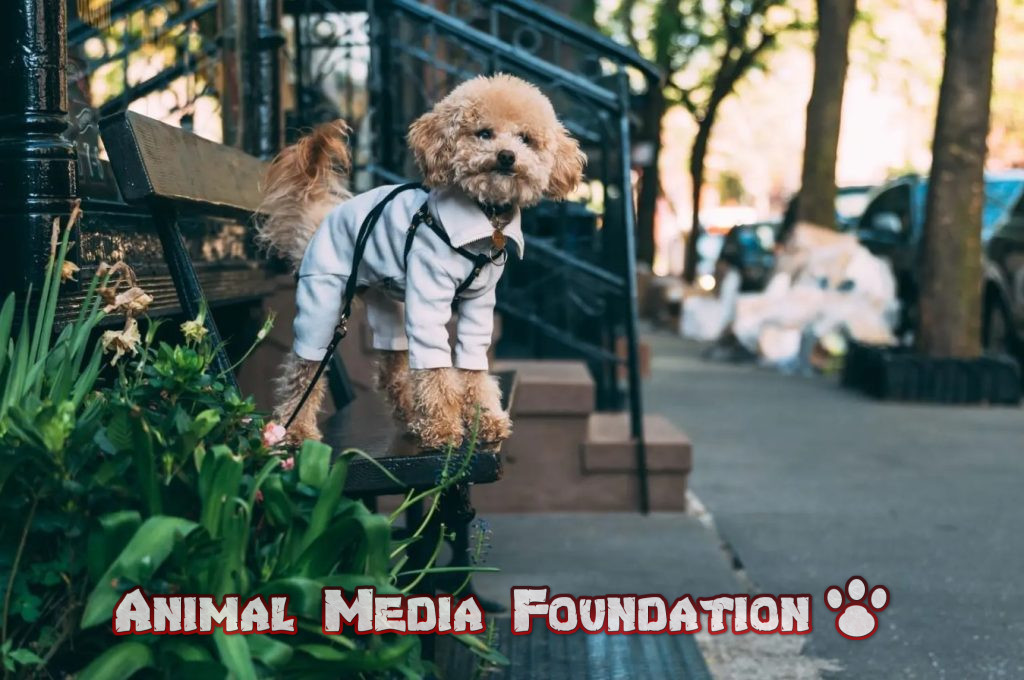When do puppy fear periods occur?
Puppy fear periods are a normal part of the development and usually occur around 8-10 weeks, 12-16 weeks, and 6-8 months of age. During these times, puppies may be more fearful of new people, animals, and experiences. It is important to socialize puppies during these times so they can learn to cope with their fears and become well-adjusted adults.
What are puppy fear periods?
Puppy fear periods are when puppies are afraid of new things. They usually happen around 8-10 weeks, 12-14 weeks, and 6-8 months. Puppies will be afraid of anything they haven't seen before, and it's important to socialize them during these periods so they don't become afraid of everything. Puppies will start to explore their environment around 8-10 weeks old.
They will be curious about new things and want to investigate them. However, they will also be afraid of anything they haven't seen before. This is why it's important to socialize puppies during this time. You should expose them to as many new people, places, and things as possible so they don't become afraid of everything.
Around 12-14 weeks, puppies will start to become more independent. They will be less afraid of new things, but they will still be wary of them. This is why it's important to continue socializing puppies during this time. You should expose them to as many new people, places, and things as possible so they don't become afraid of everything.
What are the symptoms of puppy fear periods?
Puppy fear periods are characterized by a sudden fear or apprehension of novel stimuli. The puppy may crouch, tuck its tail, and avoid eye contact. It may also tremble or shake. This behavior is usually seen in puppies between the ages of 8 and 16 weeks. During this time, puppies are also more prone to startle easily and to be afraid of unfamiliar people and animals.
Any new dog owner will likely face the challenge of helping their puppy through a fear period. Fear periods are a completely normal and necessary part of a puppy's development, but they can be tough to deal with. Here are some tips for getting through a puppy's fear period.
House training, crate training, obedience training, behavior problems, other training
Puppy fear periods are normal and usually occur around 8-10 weeks, 12-14 weeks, and 6-9 months. During these times, puppies may be afraid of unfamiliar people, objects, and situations. It is important not to force your puppy to face their fears, but rather to help them through them by providing a calm, quiet environment and plenty of positive reinforcement.
Crate training and obedience training can help to reduce fear and anxiety in puppies, as well as provide them with a sense of security and structure. If your puppy is displaying behavior problems, such as excessive barking or chewing, it is important to seek professional help to determine the cause and address the issue.
Puppy Fear Periods
Puppy Fear Periods is a sub-section of the main topic: puppy fears periods. They are a normal part of a puppy's development when they are between 8 and 16 weeks old. During this time, puppies may be afraid of unfamiliar people, animals, and objects. This is normal behavior and is not cause for concern. Puppies will outgrow this phase as they mature and become more comfortable with their surroundings.
House Training
There are two types of house training: paper training and crate training.
Paper training is where you provide your puppy with an area in your home that is designated for him to use the bathroom. This can be done by putting down newspaper or pee pads. Once your puppy uses the bathroom in the designated area, you will need to praise him and give him a treat.
Crate training is where you confine your puppy to a small area or crate. The crate should be just big enough for your puppy to stand up, turn around, and lie down. You will need to take your puppy out to use the bathroom frequently and praise him when he goes outside.
Both of these methods require patience and consistency. You will need to be patient while your puppy learns where he is supposed to go to the bathroom and be consistent with taking him out often.
Crate Training
Crate training is a great way to help your puppy through its fear periods. By using a crate, you can provide your puppy with a safe, secure space to stay in while they work through its fears. Crate training can be done by gradually introducing your puppy to the crate, starting with short periods of time and gradually increasing the amount of time they spend in the crate. If your puppy is having a particularly fearful day, you can use the crate to provide them with a safe space to calm down.
Obedience Training
Obedience training is a sub-section of puppy fear periods that helps puppies learn how to respond to commands and follow basic rules. It is important to start obedience training early on, during the socialization period, so that puppies can learn how to interact with people and other animals. Obedience training can help puppies learn self-control, and can also be a bonding experience between puppy and owner.
Behavior Problems
Puppy fear periods are normal and occur when a puppy is between 8 and 16 weeks old. During this time, puppies may be afraid of unfamiliar people, objects, and situations. This is a normal part of their development and helps them learn to be cautious of potential threats. Puppies should be slowly introduced to new people, places, and things to help them overcome their fears. If a puppy is having extreme fear or anxiety, it may be best to consult with a veterinarian or animal behaviorist to help them through this period.
Other Training
Puppy fear periods are normal and expected. They are a critical time for socialization and training. During this time, puppies need more exposure to new people, animals, and experiences. They also need positive reinforcement and patience. With proper socialization and training, puppies can overcome their fears and become well-adjusted adult dogs.





